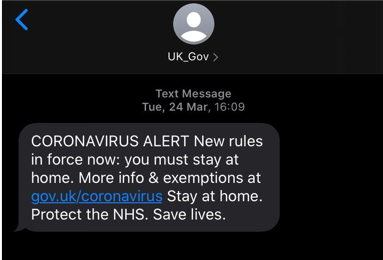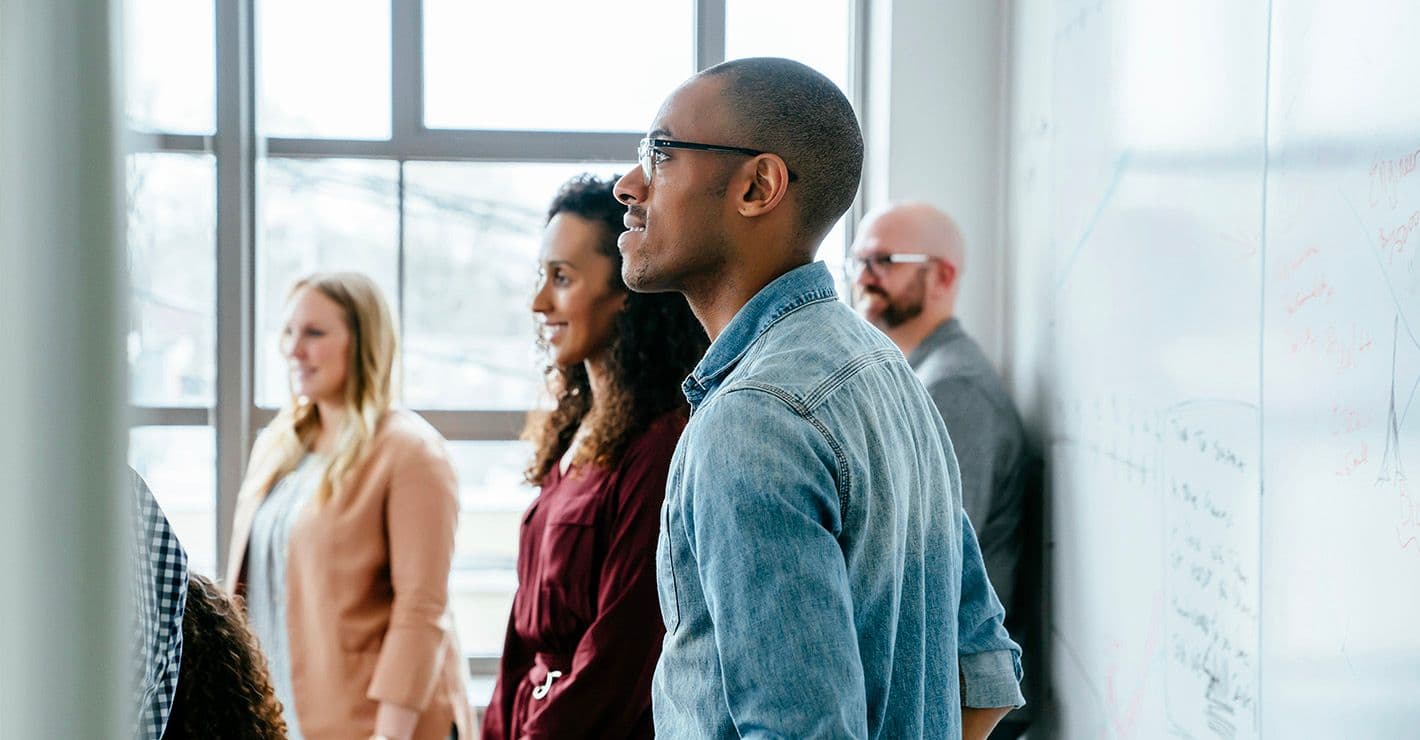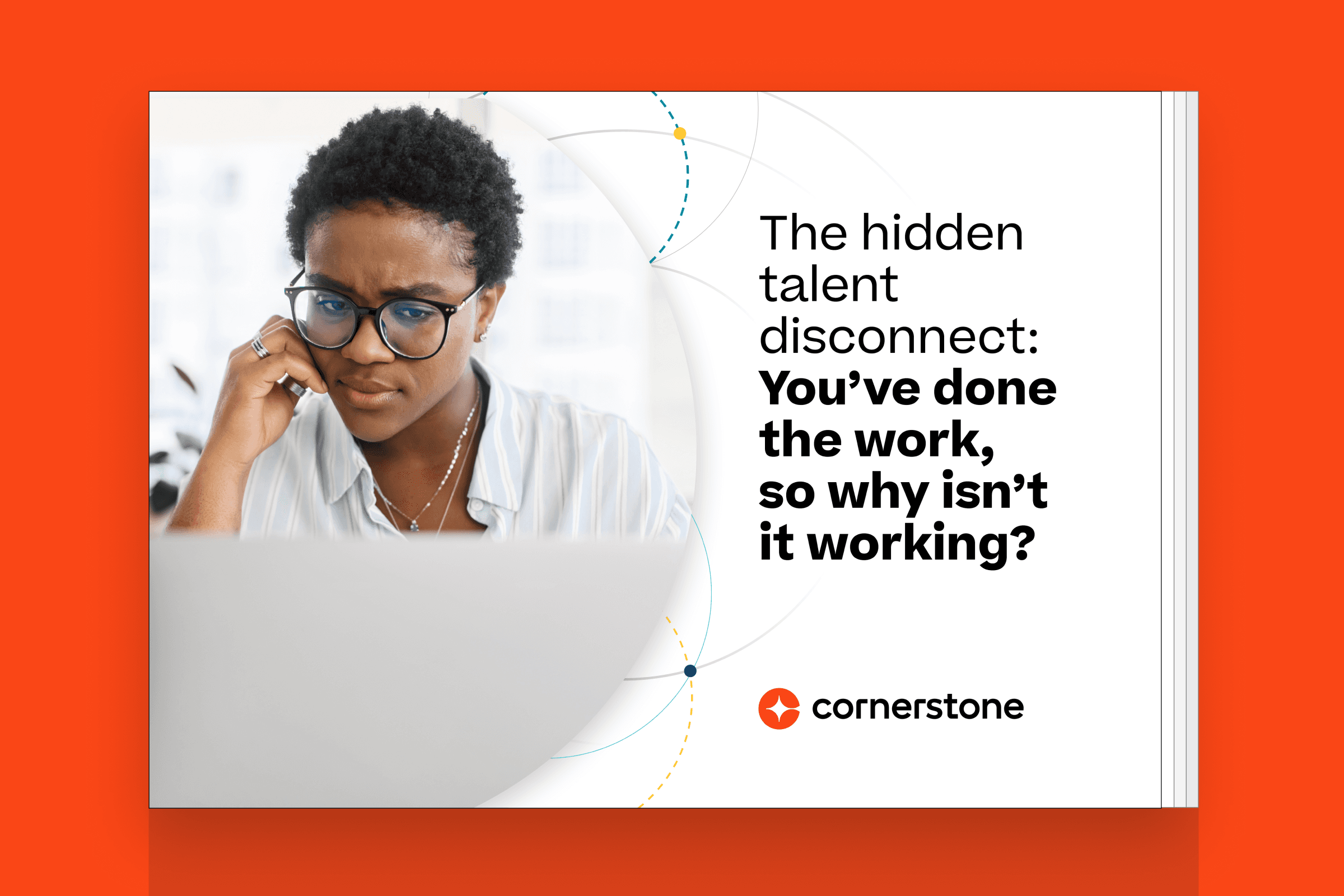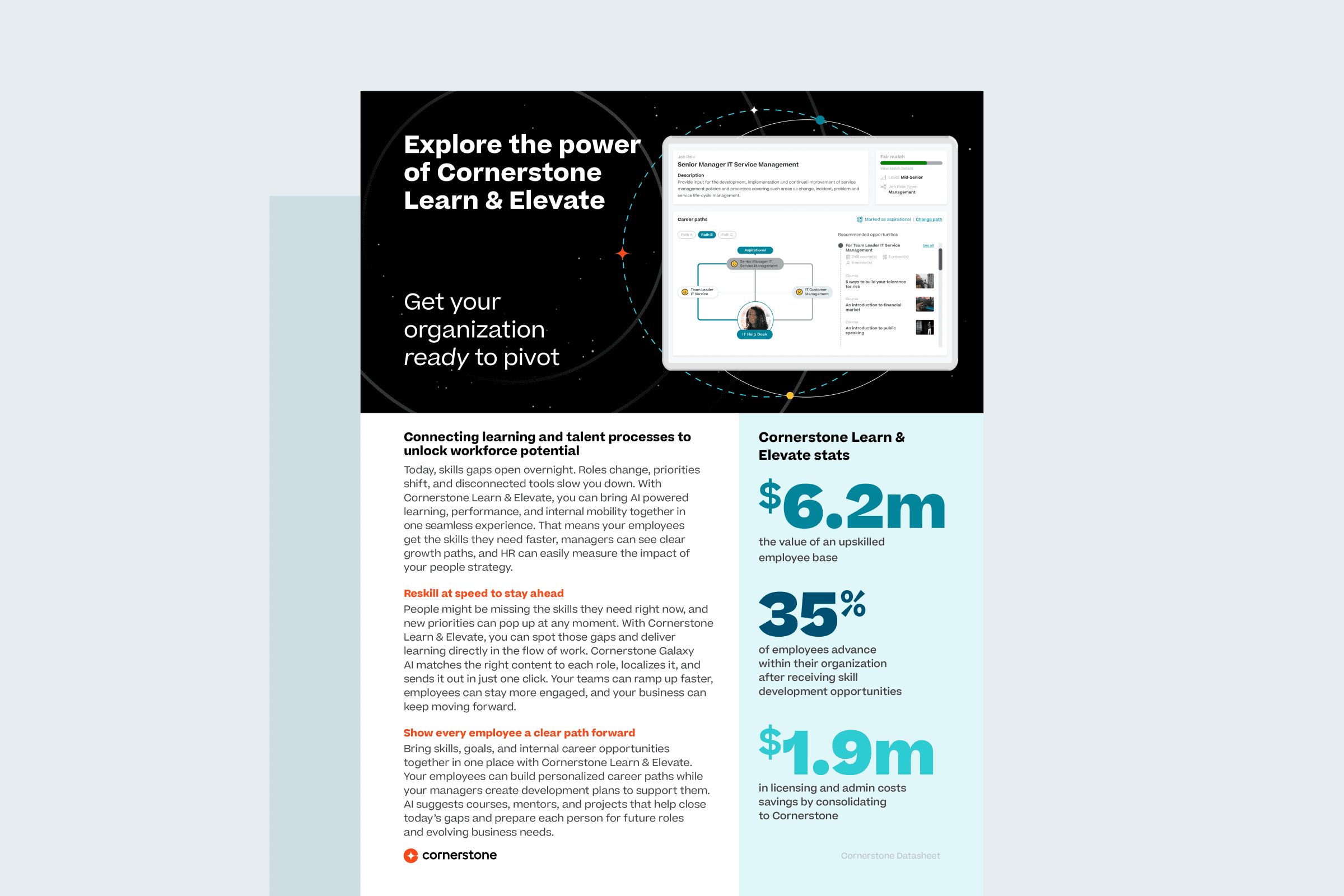Prepare for what is to come | The government must help everyone. Through the UK’s healthcare system, there are programmes to support mental wellbeing, but is this enough to support every individual during the COVID19 pandemic? Does everyone know and understand the support they have access to? Mental health support should be accessible to all – no matter what you earn, and there should be a database of professionals and vulnerable citizens. I realise that it is not easy to just create a new programme from scratch, but every single citizen should be informed about these services, which are available online and over the phone.

Most of us received an SMS from UK_Gov saying we need to stay home. These kind of communication strategies could also be used to share mental health support, tips and tricks to stay sane.
We do know the physical consequences of COVID19 on our health: fever, breathing difficulties…but do we yet know the extent of the impact of being isolated for months? It can affect mental state but also our bodies if we don’t stay active, don’t do sports in the capacity we can or get fresh air and a little bit of sun. If we do not get into good habits and make them part of our everyday, we could be seeing the biggest increase in mental health issues or even suicides.
Our NHS is saturated. And again, this is global. Dr. Fabiano Di Marco, working at the Hospital Papa Giovanni XXIII in Bergamo, spoke on The Daily podcast, saying “It’s like a war” (link to the episode) and as such we need to treat this way. And it is not only people that stay at home may need support for their mental wellbeing but also key workers who are playing their part in saving lives, often under extreme levels of stress and exhaustion. We owe them help and we owe them our support now but especially when this is over.
Companies need to understand who their employees are and if their families could be impacted by this. 24/7 phone support should be provided by the HR teams, sharing links to NGOs or even private counselling. As with most taboos – and mental health is one – speaking up and normalising it is the first step.

Home is not always a safe space |This is hard to read and accept. Abuse is worrying. We all are being contained in a small environment, and this could be dangerous for vulnerable people. How can we help them? First, we need to acknowledge it and the idea of home = safety is something we need to rethink.
NGOs + HR will be more important than ever | As we said before, NGOs should be a part of our support network. We might see a rise in innovative ideas, mixing technology and science to help those with post-traumatic stress after this experience. But employees also need to play their part, as should HR. It is that time in which employment lawyers and Human Resources professionals need to show how they can help. At Cornerstone we have opened a portal called Cornerstone Cares and translated it into five languages to give free access to relevant content to everyone in the world. We think HR professionals need to step up and help employees to stay safe, sane, and healthy in this hard time. Working remotely is mandatory for most industries now and to ensure productivity does not decrease, impacting the financial situation of organisations, we need to provide training. It is proven that those communities that are constantly learning are those that have high adaptability to change. We also know that diverse communities are more innovative and creative, and if there was a time to be innovative that time is now.
We spoke to Faye Vassiliades, M.A, Clinical Psychologist and she said, “as the world fights back the tremendous impact of the pandemic, we will soon face the reality of a “brave new world”. In the years to come, resilience will encompass the principles of proactivity and adjustment at the individual and organisational level.” If we are facing a “new world” we might need a new way to communicate and support our employees through this phase.
TIPS TO EMBRACE YOUR EMPLOYEES DURING AND AFTER THE CRISIS
- Send constant updates to your employees
- Communication should be positive and supportive
- Ensure access to the HCM system for all your employees
- Make your HR professionals available for a virtual chat
- Allow them to connect with each other in the online communities
- Enable check-ins so managers can have chats with their teams
- Reward those teams that are proving to thrive and grow in this hard time
- Allow your employees to feel scared and ask questions
- Get the CEO or General Manager to run a conference call with the whole team to share updates
- Give your teams access to online training to manage stress and build up resilience
- Speak up and share how you are struggling
- Be kind and try to put yourself in the other person’s shoes
- Give your teams access to 24/7 call centres for support
- Explain what metal health is and invest in getting rid of preconceptions
- Ensure the families of your employers are safe too
- Offer voluntary days for employees to help a charity or local project
- Allow your employees to take your pets to work
- Look at performance and make remote employment more flexible
- Invest in the infrastructure for future crisis
- Understand your limits and reach out to other companies, NGOs or government help if needed


